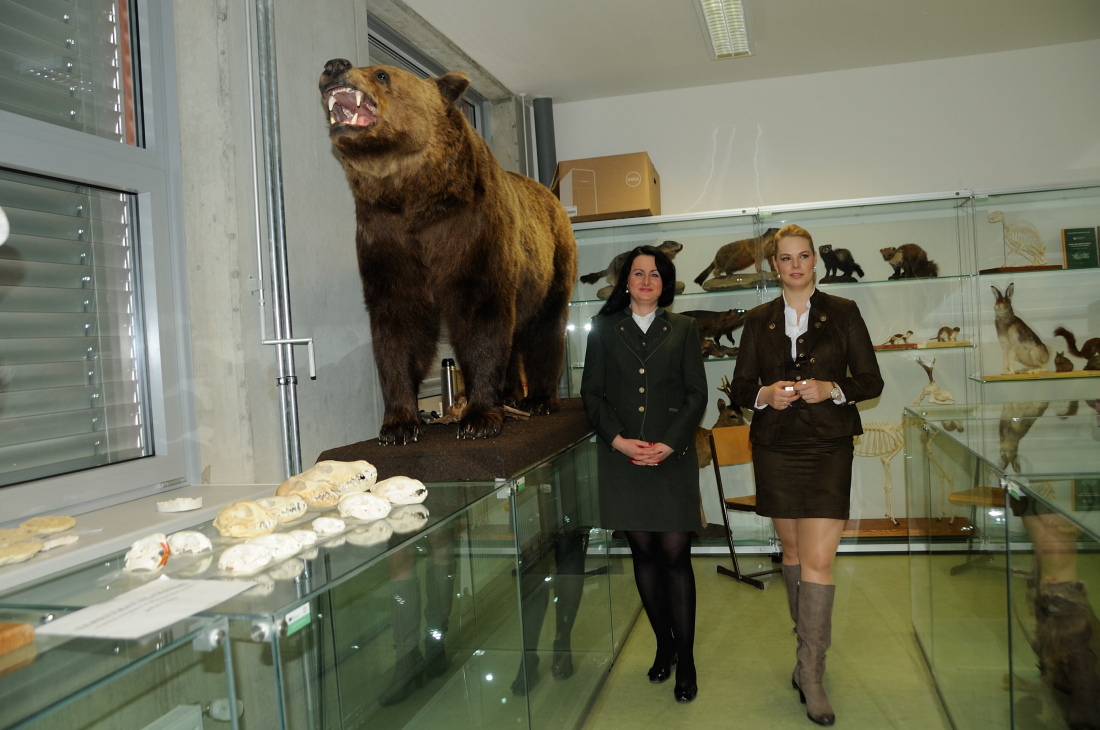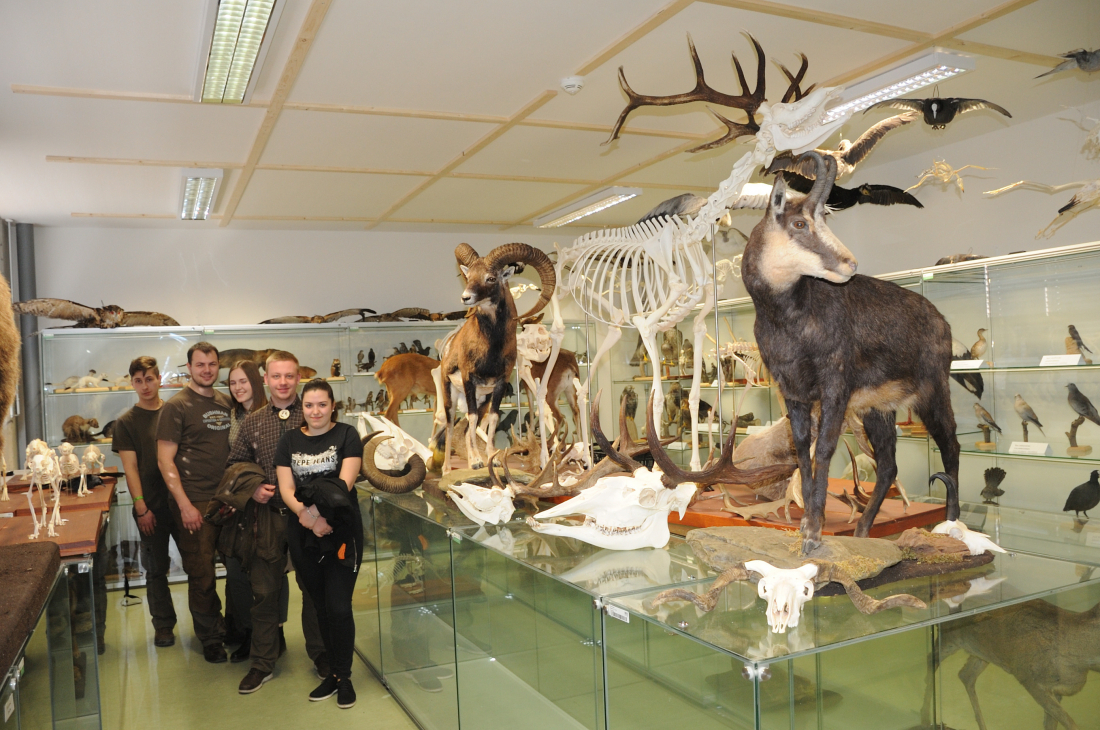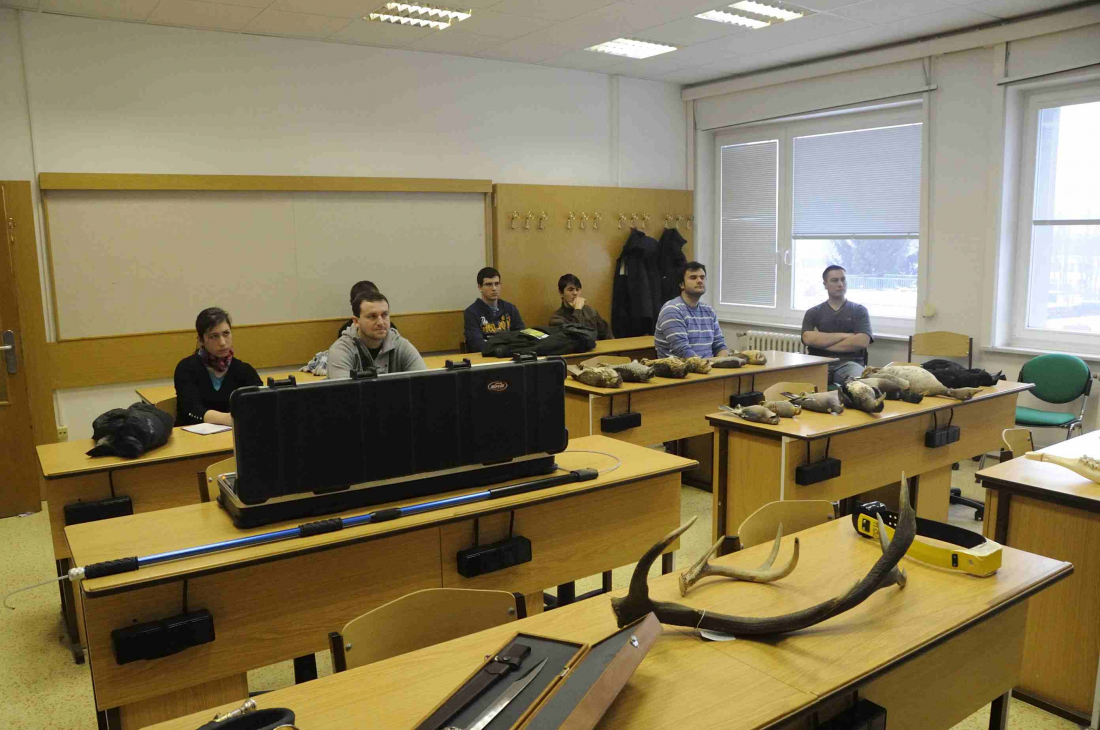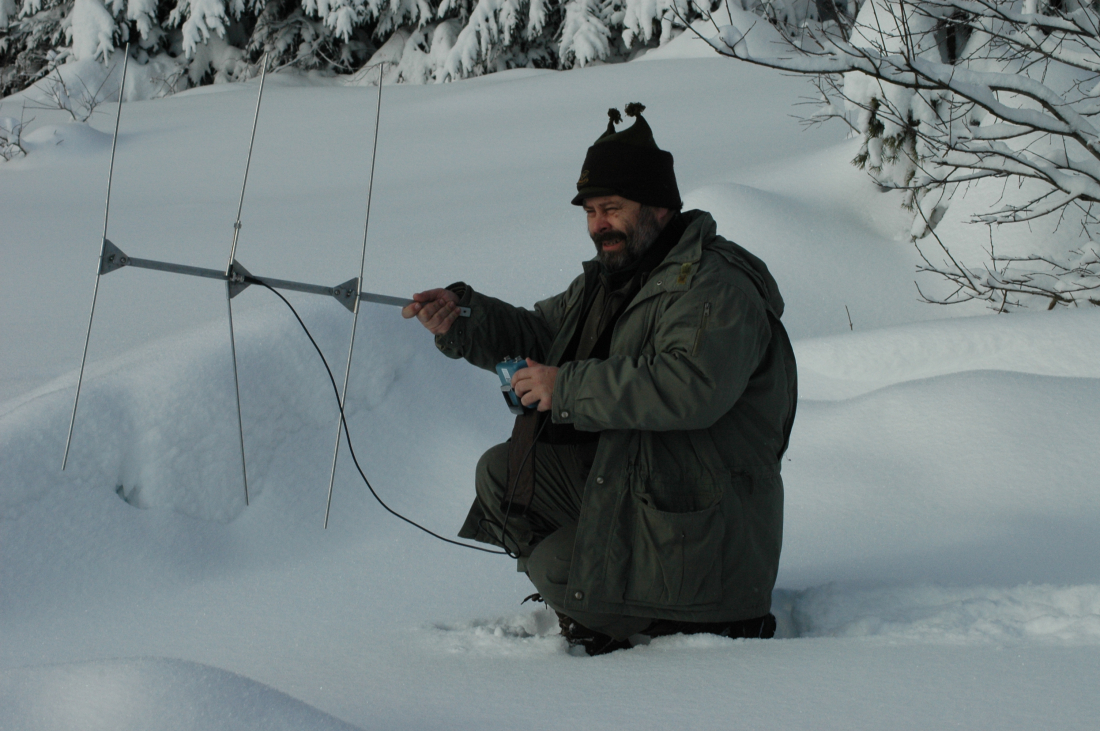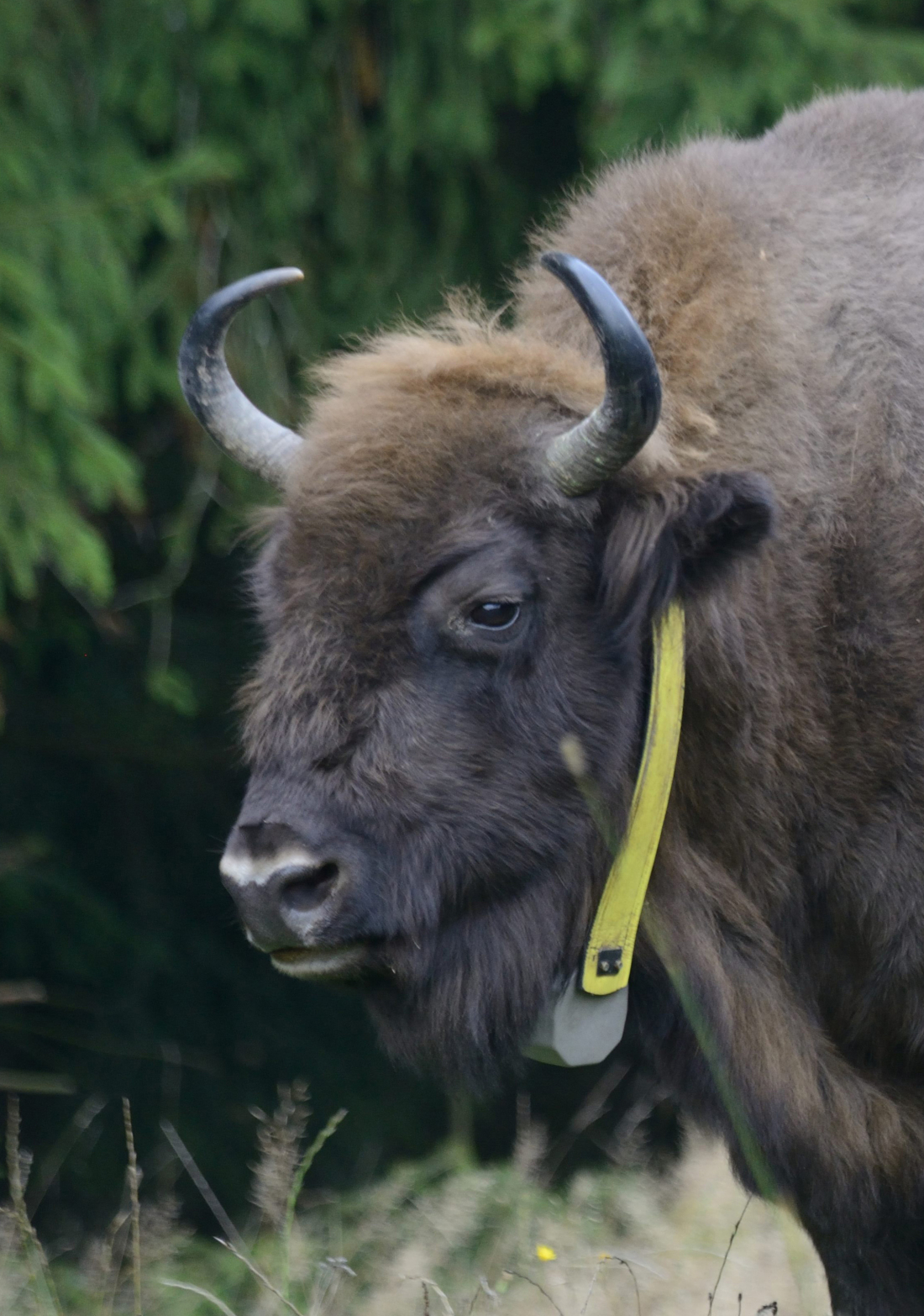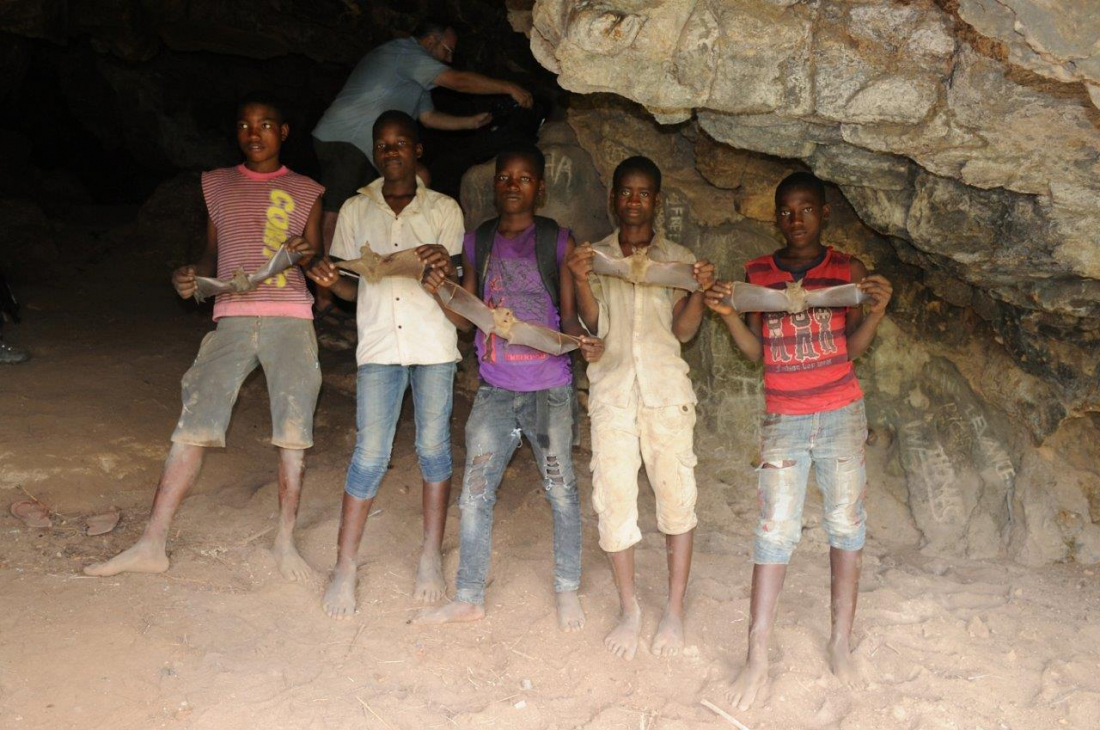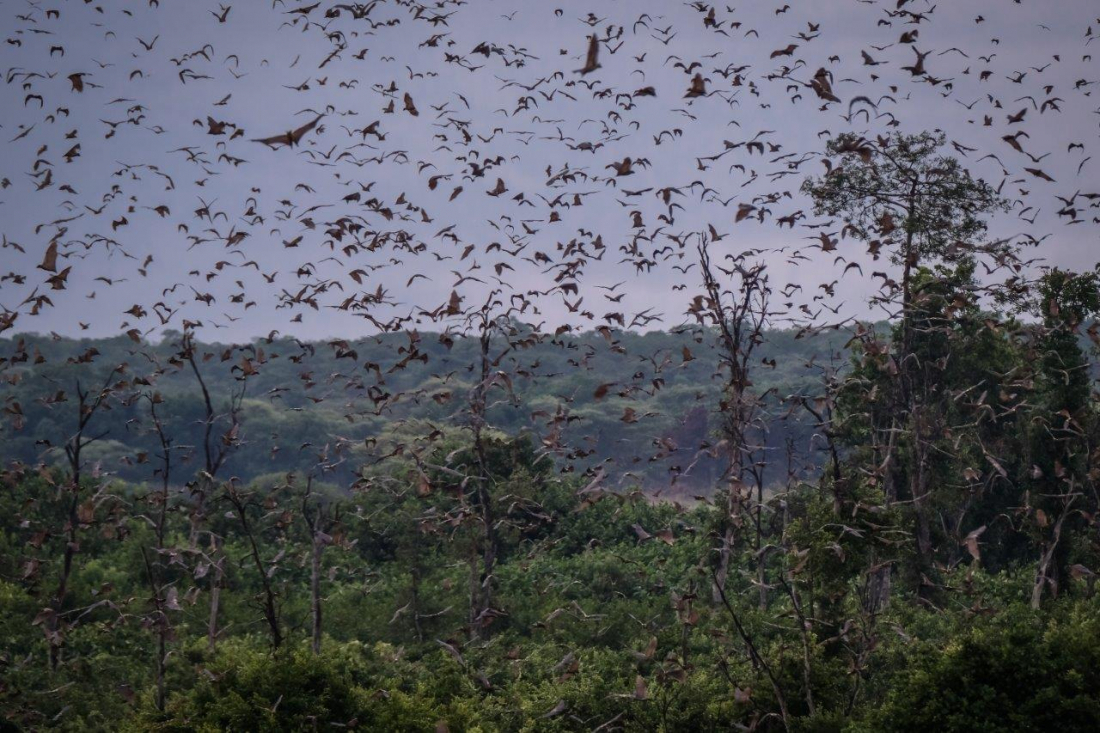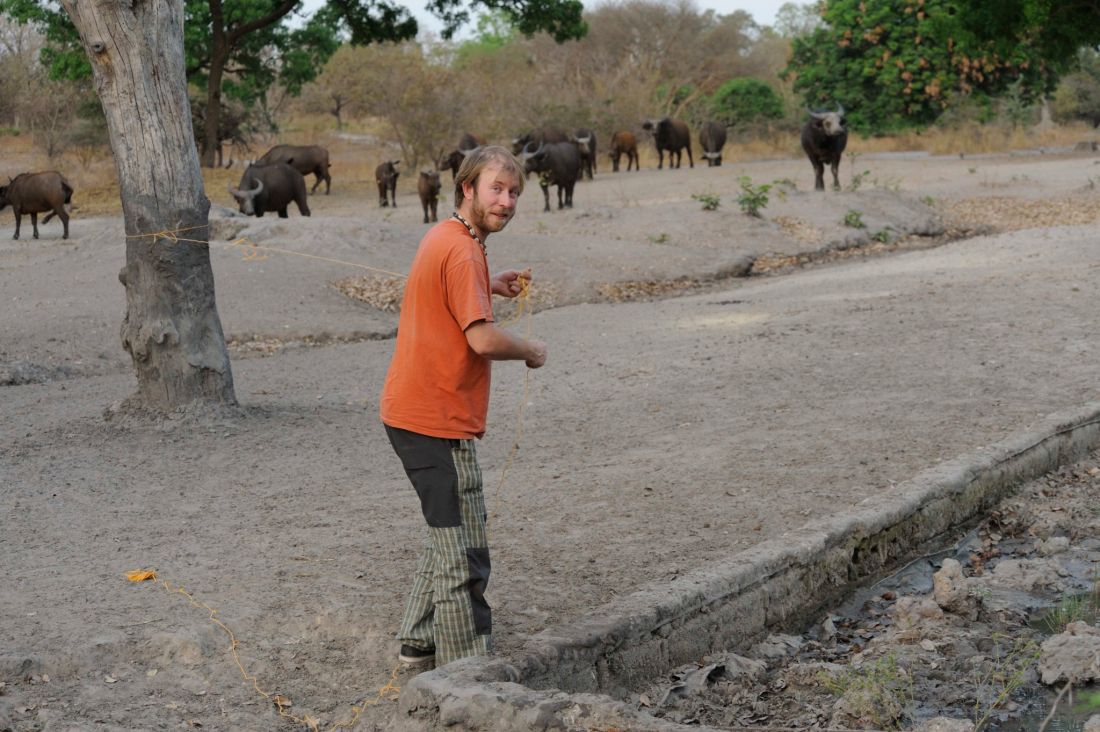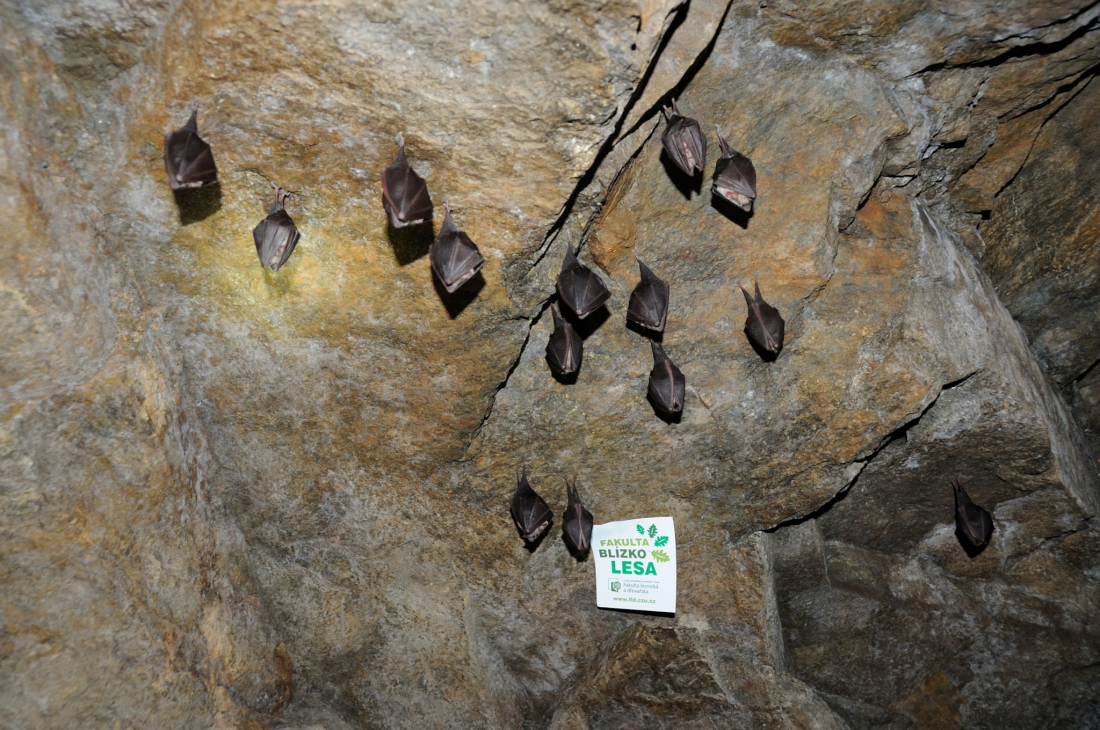As is clear from the name of the department, zoology and hunting are the basis of all professional and pedagogical activities at the department. It deals with various aspects of general zoology, general phenomena and patterns in all groups of animals, as well as aspects of systematic zoology, which studies individual groups of animals. However, emphasis is primarily placed on applied zoology, especially “ Forest Zoology”, which transfers theoretical knowledge of zoology into practice. Students at the department can also learn the basics of general disciplines, such as anatomy, cytology, embryology, ethology, physiology, histology, morphology, parasitology or taxonomy, as well as disciplines defined by a particular taxonomic group, such as entomology, helminthology, herpetology, ichthyology, mammaliology, or ornithology. In terms of interdisciplinary sciences closely related to zoology, attention is primarily focused on animal ecology, gradology (the science of pest reproduction) and zoogeography.
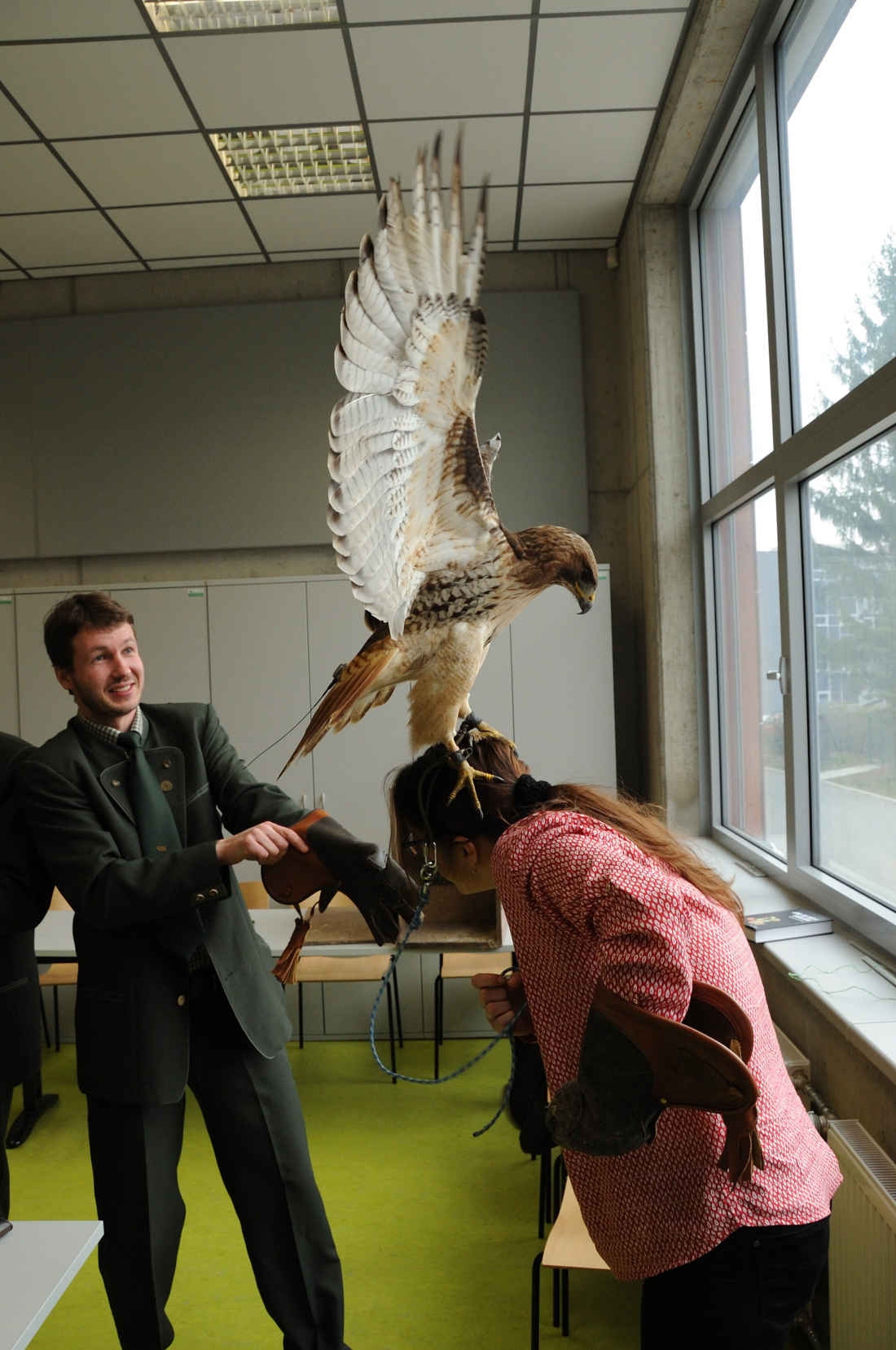
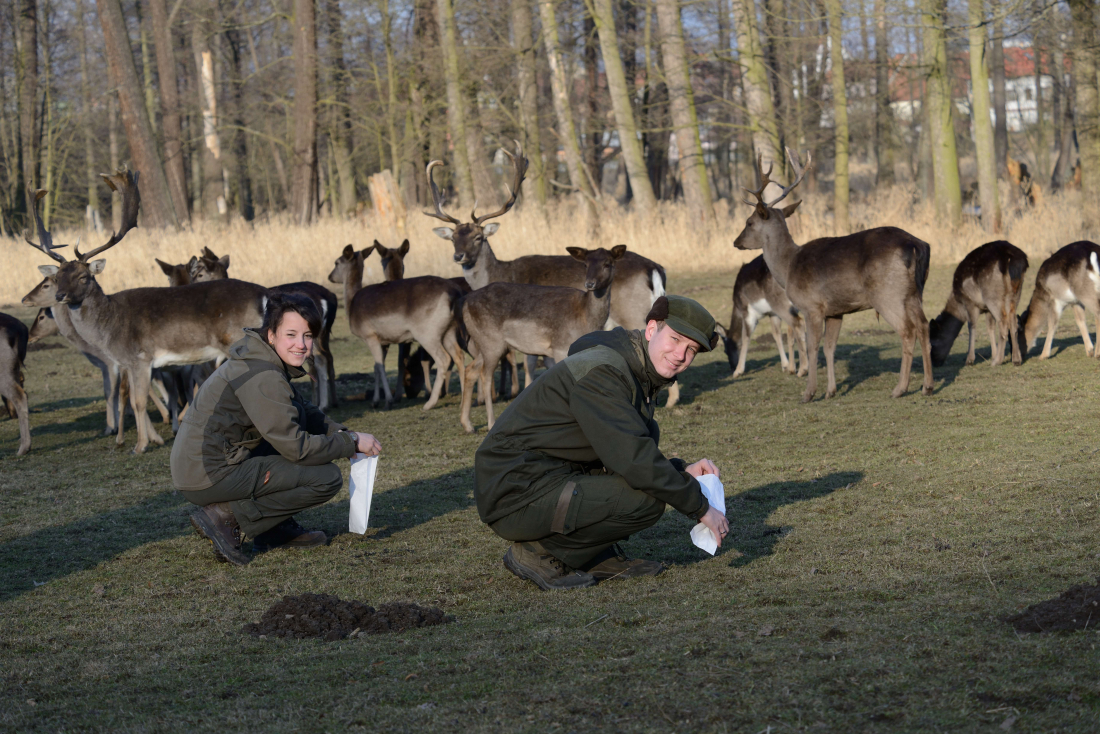
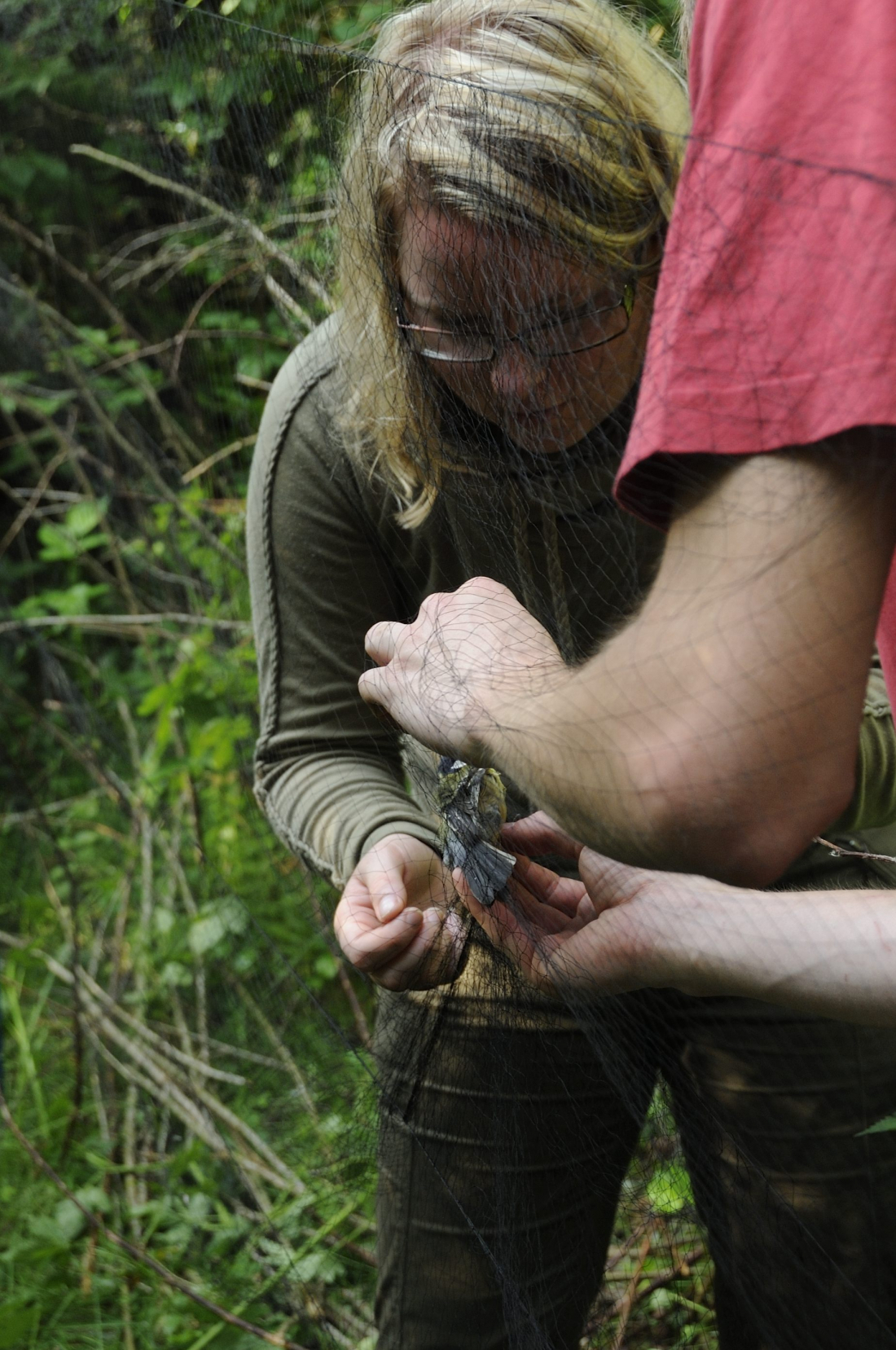
The main zoological issues taught at the department include the biology of birds ("feathered game") and mammals ("furry game"). The textbook "Forest Zoology" from renowned authors working at the department is mostly used for theoretical teaching. Practical teaching is aided by a unique collection of preparations, which are not only very rich in species, but are completely newly made by our leading preparators. With its scope and quality, it is certainly one of the best university zoological collections in the Czech Republic. The collection contains hundreds of dermoplastic preparations, assembled skeletons of birds and mammals, and the skulls of most species in the Czech Republic. The collection also includes dozens of castings of game tracks. The most interesting exhibits certainly include a dermoplastic preparation and the skeleton of the "bedtime story" bear Vojta, which was donated to the Faculty by the director and owner, Václav Chaloupek, after his death. The collections are constantly being expanded with new additions, even with rare species of birds and mammals (however, the Faculty must always obtain the appropriate legislative permits for these exhibits).
